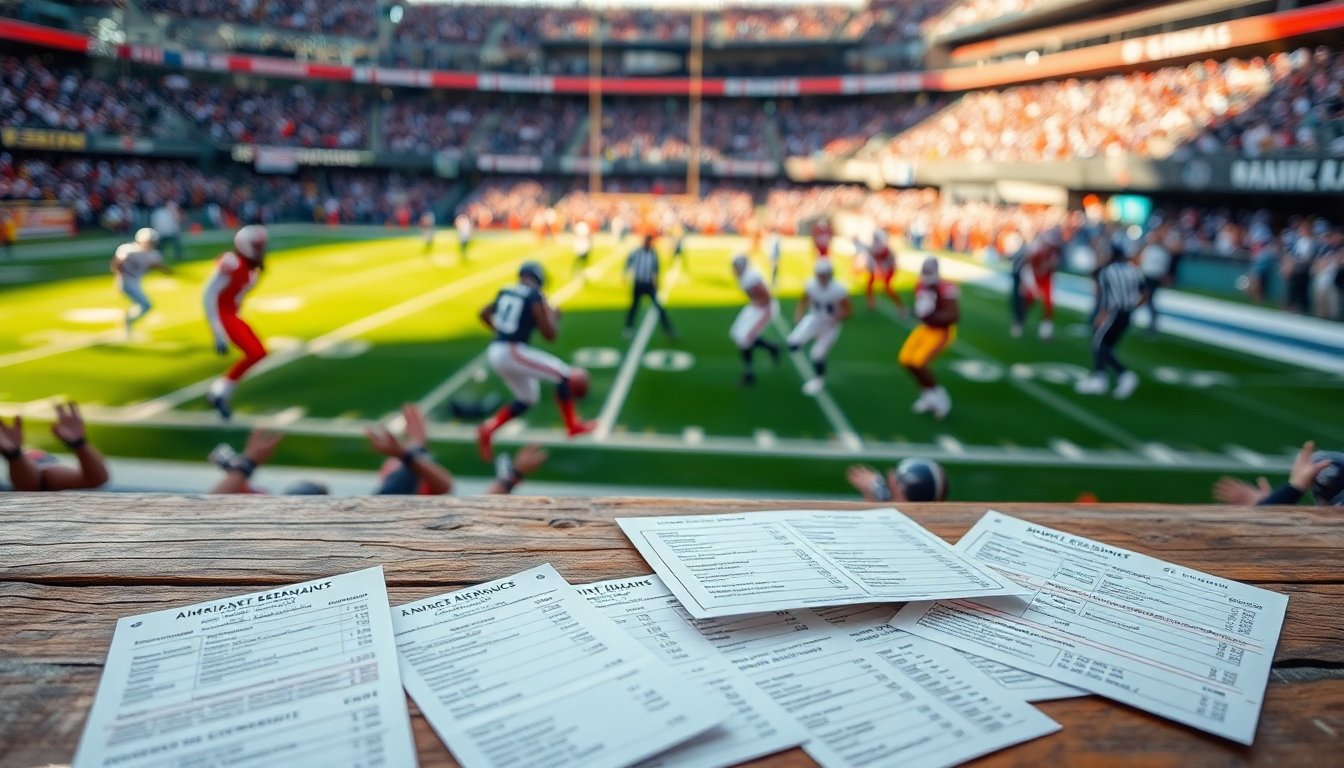Table of Contents
Proposition betting, commonly known as prop betting, has gained traction across major sports leagues in the United States. This betting format allows fans to place wagers on specific occurrences or player performances within a game, creating an engaging yet risky environment for both players and leagues. While prop betting can yield substantial profits, it raises significant concerns about game integrity and potential manipulation.
As states across the U.S. work to regulate sports gambling, officials recognize the need to impose limitations on betting types that could be easily exploited. However, navigating these restrictions is challenging. In Ohio, for example, lawmakers face pushback on attempts to implement outright bans.
The lure of prop betting
The appeal of prop betting lies in its ability to enhance fan engagement with games. Fans can bet on a range of scenarios, from whether a player will score a certain number of points to the outcome of a specific pitch in a baseball game. However, the characteristics that make prop bets enticing also make them vulnerable to fraudulent activities.
Recent scandals in sports
Recent events have exposed vulnerabilities in prop betting. Two pitchers from the Cleveland Guardians are currently under federal investigation for allegedly attempting to manipulate game outcomes for personal profit. Authorities are increasingly concerned that as prop betting gains popularity, it may attract individuals seeking to exploit the system.
Similar allegations have emerged in the NBA, where players have reportedly engaged in schemes to profit from insider information. These incidents highlight the urgent need for action from sports leagues to maintain the integrity of their games and protect players from potential pitfalls.
Regulatory responses and limitations
In response to the challenges posed by prop betting, organizations like Major League Baseball (MLB) are establishing measures to reduce the risk of manipulation. Recently, the MLB announced a cap on wagers related to individual pitches, limiting bets to $200 and excluding them from parlay options. These measures have received praise from state officials, including Ohio’s Governor Mike DeWine, who initially advocated for a complete ban on prop betting.
The debate over complete bans
Despite the MLB’s efforts, the question remains: is limiting prop betting sufficient? Critics argue that any form of prop betting creates an environment conducive to corruption. Governor DeWine’s earlier push for a complete ban reflects a broader sentiment among some lawmakers who believe that the financial incentives tied to prop betting are too significant to overlook.
However, not all lawmakers share this view. Some, like Ohio House Speaker Matt Huffman, advocate for further study rather than immediate prohibition, suggesting that banning prop betting could undermine the enjoyment many fans derive from this form of wagering.
The way forward
As the landscape of sports betting continues to evolve, stakeholders—including leagues, players, and regulators—must navigate a delicate balance between profitability and integrity. While prop betting can serve as a lucrative revenue stream, the potential for abuse necessitates ongoing scrutiny and a willingness to adapt regulations as needed.
Ultimately, the future of prop betting hinges on the ability of leagues to safeguard their games while allowing fans to engage in ways that enrich their experience. As more states consider legislation around sports betting, the lessons learned from recent scandals could shape the regulatory frameworks governing this burgeoning industry.


